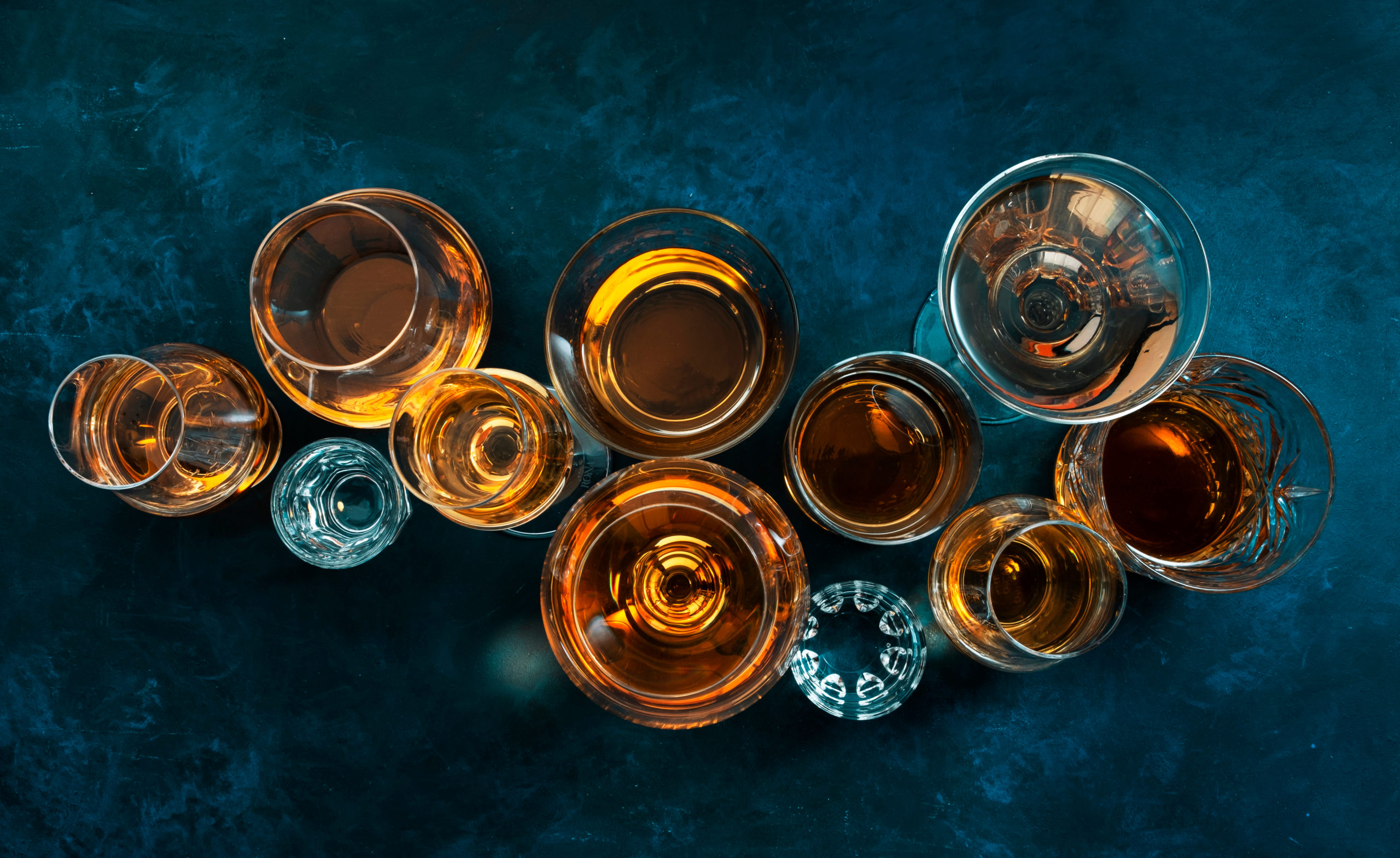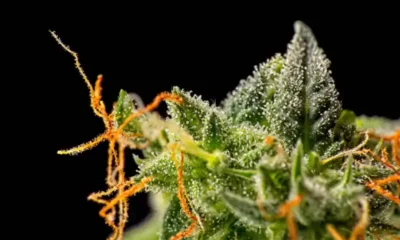Connect with us
Published
1 year agoon

While legal recreational cannabis is still a fairly new phenomenon in the grand scheme of things, researchers have continuously revisited the relationship between alcohol and cannabis markets. Namely, does legal weed have an effect on alcohol consumption?
There’s already plenty of literature on the subject, but a new study from the University of Pittsburgh School of Public Health found that states with legal recreational cannabis saw a slight population-level uptick in alcohol consumption, primarily driven by young adults and men.
The cross-sectional study analyzed 4.2 million adults in all 50 states from 2010 to 2019 who responded to the Behavioral Risk Factor Surveillance System, performing data analyses from June 2021 to March 2022. The survey inquired about any alcohol use, binge drinking and heavy drinking within the last month.
Researchers also looked at the differences in responses before and after recreational cannabis was legalized in relevant states. Of the total sample, 321,921 people lived in states with legal adult-use cannabis.
These laws, researchers found, were associated with a 0.9 percentage point increase in any alcohol drinking (1.2 percentage points in the first year, though it diminished in the following years), though the increase was not significantly associated with binge drinking or heavy drinking. Increases were also primarily among younger adults (18-24 years old) and men. Researchers also observed a 1.4 percentage point increase in binge drinking among men, but this association diminished over time.
Researchers concluded that cannabis use, and legalization, has its costs and benefits, pointing to previous research showing a dip in opioid use and associated risks after cannabis legalization. That said, they suggest more cost-benefit analyses around cannabis legalization, in addition to targeted health messaging around alcohol and other policy interventions to mitigate problem drinking.
“Recreational cannabis laws have made cannabis legally accessible to nearly half of U.S. adults, but it has been unclear how this affects the use of other substances, such as alcohol,” said Coleman Drake, Ph.D., senior author of the study and assistant professor at the University of Pittsburgh School of Public Health’s Department of Health Policy and Management. “It appears that cannabis use increases the probability that people drink, at least in the three years after legalization.”
Vandana Macha and Rahi Abouk, PhD were also authors on the study.
While the team didn’t find evidence that recreational cannabis laws had sustained effects on binge or heavy drinking, Drake noted that cannabis use has nearly doubled in the past decade—all the more reason to keep a finger on the pulse and continue exploring this relationship, especially among younger adults and men.
Drake said that zeroing into the most at-risk groups can help states to proactively engage with those communities and explore ways to mitigate risks before cannabis laws take effect.
“In prior work, I found that recreational cannabis laws temporarily reduced opioid-related emergency department visits,” Drake said. “So, I would resist characterizations of cannabis legalization as categorically good or bad. We need to learn more about how cannabis legalization affects all substance use, health, and non-health outcomes, such as drug-related arrest rates, work-related injuries and labor market outcomes. Policymakers should try to think through all these costs and benefits as they consider passing recreational cannabis laws.”
And the new study is just the most recent in a long line of similar inquiries.
One 2021 study published in the Journal of Cannabis Research examined the association between recreational cannabis legalization and alcohol purchasing in the U.S. between 2004 and 2017, ultimately finding a lack of statistically significant associations between cannabis legalization and alcohol purchasing.
“Results suggest that alcohol and cannabis are not clearly substitutes nor complements to one-another,” the authors concluded.
To complicate the conversation, a study published earlier this year in the Journal of Adolescent Health analyzed data on substance use trends from 2014 through 2019, ultimately finding that young people ages 21-25 were less likely to consume other arguably more dangerous drugs after cannabis was legalized, including alcohol.
While the new study adds a bit more context to the potential correlation, scientists will have to continue studying this issue as legalization persists to pinpoint exactly how consumer behavior around alcohol shifts with recreational cannabis laws.


Despite City Efforts, Hemp Shops Posing as Dispensaries Prevail in Las Vegas


Cannabis Community, Investors React to DEA Decision To Reschedule


Georgia Governor Signs Bill Establishing Licensing Requirements To Grow Hemp


Study: Psilocybin Enhances Meditation


Ohio GOP Lawmakers Debate Adult-Use MJ Priorities, Eye June for Regulation Approval


Taylor Swift Puts Narcotics Into All of Her Songs on ‘The Tortured Poets Department’
